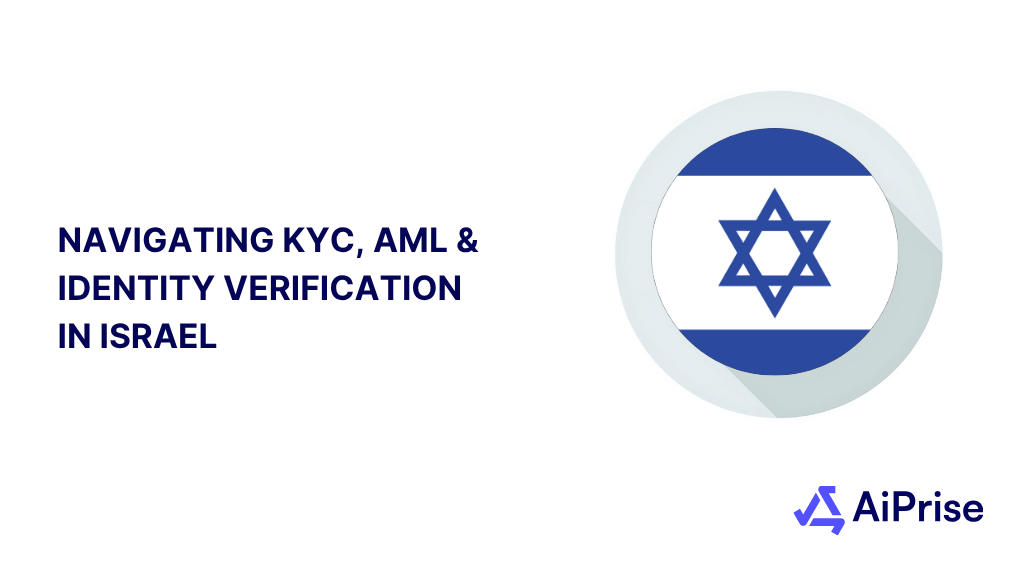AiPrise
5 mins read
September 9, 2025
How Identity Verification Enhances KYC Compliance
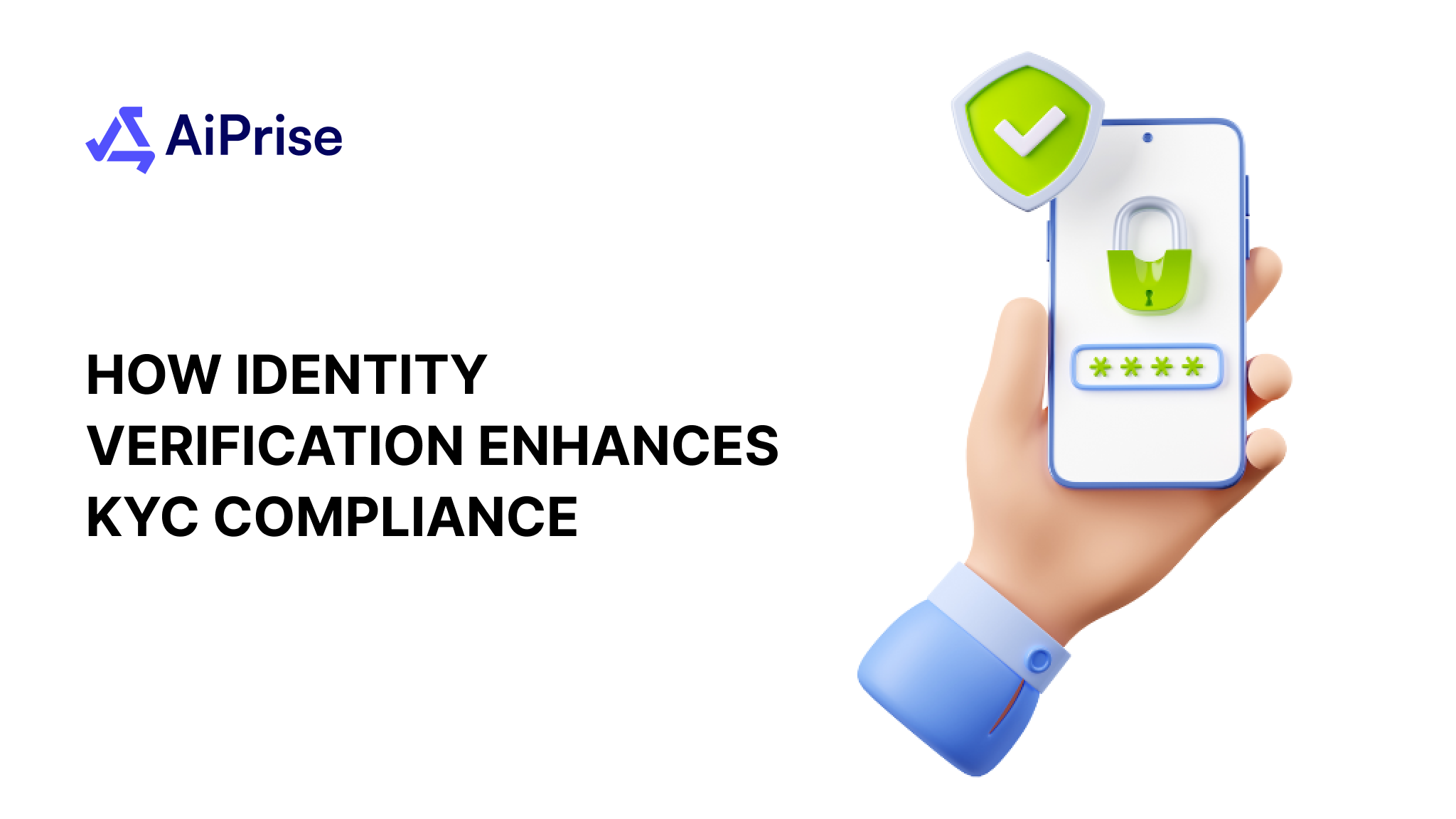
Key Takeaways










If you work with financial institutions, payment providers, or cryptocurrency platforms, you constantly face fraud threats and the challenge of verifying customer identities accurately.
In 2024, the Federal Trade Commission (FTC) reported $12.5 billion in losses due to fraud, highlighting the growing issue. This calls for stronger fraud prevention measures as the rise of data breaches and more sophisticated fraud tactics makes it increasingly challenging to stay ahead.
In this blog, we’ll explore how identity verification KYC plays a key role in compliance. We’ll discuss the challenges businesses face with fraud prevention, the importance of verification, and how technology helps.
Key Takeaways:
- Businesses face rising threats from fraud, requiring proactive verification of customer identities to protect finances and reputation.
- Modern verification uses AI, biometrics, and digital ID checks to reduce errors and improve accuracy.
- Regulatory compliance depends on consistent identity checks that adapt to changing laws across regions.
- Continuous monitoring and periodic re-verification help identify unusual activity and maintain trust with clients.
- Tools like AiPrise simplify verification processes, improve risk detection, and support faster decision-making for teams.
Understanding KYC and Its Importance
Know Your Customer (KYC) is a vital process for verifying customer identities and ensuring businesses are not engaging with criminals or high-risk individuals. Financial institutions must perform identity checks to comply with regulations and avoid illegal activities like money laundering.
KYC helps businesses prevent fraud and maintain trust with customers. Conducting identity verification KYC helps businesses prevent financial crimes while staying compliant with international regulations, making it an essential step to protect operations and reputation.
KYC allows businesses to understand their customers, monitor activities, and act swiftly if suspicious behavior arises. With the right tools, identity verification KYC can also improve operational efficiency and strengthen customer relationships.
To implement effective KYC processes, you need to choose the proper identity verification methods that align with your goals and compliance needs.
Also Read: How KYC Is Done In Banks: A Step-by-Step Guide
Methods for Verification of ID
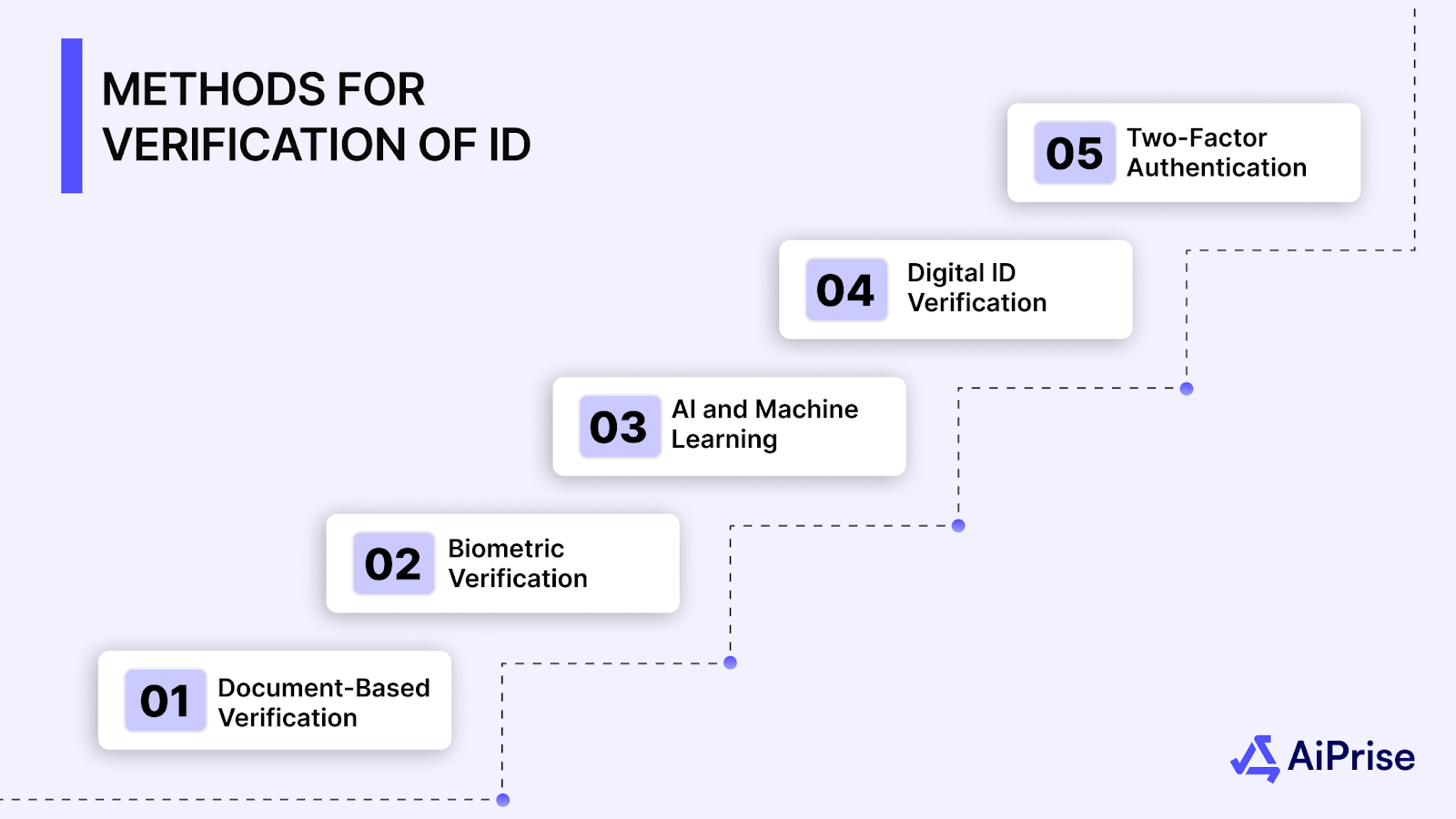
Businesses use several methods to verify customer identities, meeting KYC compliance while preventing fraud. The techniques range from traditional document verification to newer technologies, such as biometrics and AI solutions. The correct method depends on security needs and customer experience goals.
Here are some standard methods for verifying customer identities:
- Document-Based Verification: Customers submit government-issued documents, like passports and ID cards. These documents are scanned and cross-checked for authenticity.
- Biometric Verification: Biometric technologies, including facial scanning, fingerprint analysis, and voice identification, provide a reliable and secure approach for confirming an individual’s identity during verification processes.
- AI and Machine Learning: AI systems can analyze documents, detect fake IDs, and flag suspicious patterns to prevent fraud.
- Digital ID Verification: Digital solutions, such as eKYC and blockchain-based systems, verify identities using digital profiles and secure databases, eliminating the need for physical documents.
- Two-Factor Authentication (2FA): This method requires users to verify their identity using two factors, such as a password and a one-time passcode.
After reviewing the available ID verification methods, it's time to explore the key advantages they bring to your KYC efforts.
Also Read: What Is Business Identity Verification?
Advantages of Identity Verification in KYC Solutions
Effective identity verification processes offer significant benefits for businesses, helping them maintain compliance and prevent fraud. These benefits go beyond legal requirements, improving operational workflows, customer trust, and reducing financial risks. By focusing on comprehensive verification solutions, businesses can strengthen their defenses against financial crimes.
Here are the key advantages of implementing identity verification KYC solutions:
- Fraud Prevention: Identity verification helps detect fraudulent activities early, protecting businesses from financial losses and reputational harm.
- Regulatory Compliance: It ensures businesses meet KYC, AML, and CFT regulations, reducing the risk of fines for non-compliance.
- Customer Trust: Verifying identities builds customer confidence by demonstrating secure handling of their personal and financial data.
- Operational Efficiency: Automating verification processes reduces manual work, speeds up customer onboarding, and minimizes errors.
- Scalability: Verification systems that can scale help businesses handle growing customer volumes without compromising security or compliance.
- Reduced Risk: Accurate identity verification lowers the risk of engaging with high-risk individuals or entities, preventing financial or legal trouble.
While the benefits of identity verification are clear, businesses still face challenges in the verification process.
Also Read: Understanding What Identity Proofing Is and Why It Matters
Challenges in Identity Verification KYC
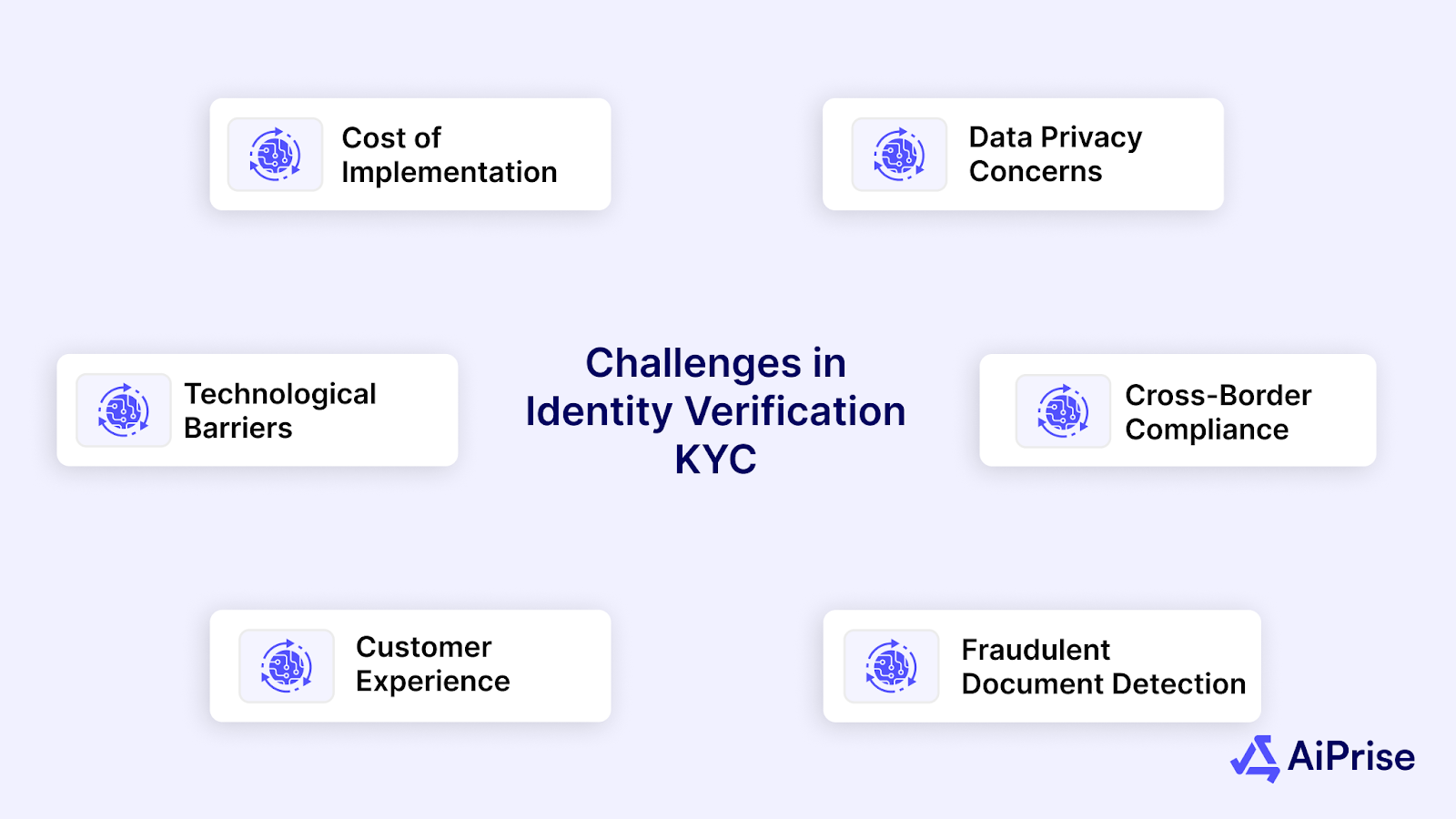
While essential, identity verification comes with challenges that businesses must address to remain compliant and secure. The complexity of verification methods and the sophistication of fraudsters necessitate continuous improvement of verification systems.
Here are some of the key challenges businesses face when implementing identity verification KYC systems:
- Data Privacy Concerns: Safeguarding customer information during identity checks requires strict adherence to privacy laws, including GDPR, to maintain trust and prevent unauthorized access or potential data breaches.
- Cross-Border Compliance: Different countries have varying KYC and AML regulations, making it difficult to maintain consistent verification processes across regions.
- Fraudulent Document Detection: Fraudsters constantly develop new techniques to forge documents, requiring businesses to stay ahead of these evolving methods.
- Customer Experience: Ensuring a smooth, fast verification process without compromising security can be challenging, especially if verification takes too long.
- Technological Barriers: Outdated systems may struggle with modern verification methods like biometrics, which can lead to inefficiencies.
- Cost of Implementation: Advanced identity verification systems often come with high costs, which can create significant financial strain for small businesses operating with limited budgets and resources.
While challenges exist, the future of identity verification holds promise with new technologies that effectively address these concerns.
Also Read: Challenges And Solutions In Cross-Border Identity Verification
Future Trends in Identity Verification KYC
As fraud becomes more sophisticated, identity verification KYC methods will continue to advance. Regularly tracking current trends allows businesses to keep their verification processes accurate while consistently meeting all necessary compliance and regulatory requirements.
Key trends in identity verification include:
- Biometric Advancements: Technologies such as voice recognition and multimodal biometrics will enhance security for identity verification.
- Blockchain Technology: Blockchain will offer secure, tamper-proof ways to store and verify identity data, reducing fraud.
- AI and Machine Learning: AI tools will become increasingly accurate at detecting fraud and verifying documents, thereby enhancing verification processes.
- Digital Identities: Digital identity systems will continue to grow, enabling users to manage and verify their identities through secure platforms.
- Regulatory Changes: As regulations change globally, businesses must ensure their verification systems remain compliant with KYC and AML laws.
- Decentralized Verification: Decentralized verification models could allow for more secure, user-controlled methods of validating identities.
As these trends develop, businesses can turn to AiPrise for a reliable solution to stay ahead of regulatory requirements and reduce fraud risks.
Also Read: AI-Powered KYB Solutions for Streamlined Business Verification
AiPrise: A Solution for Effective KYC Compliance
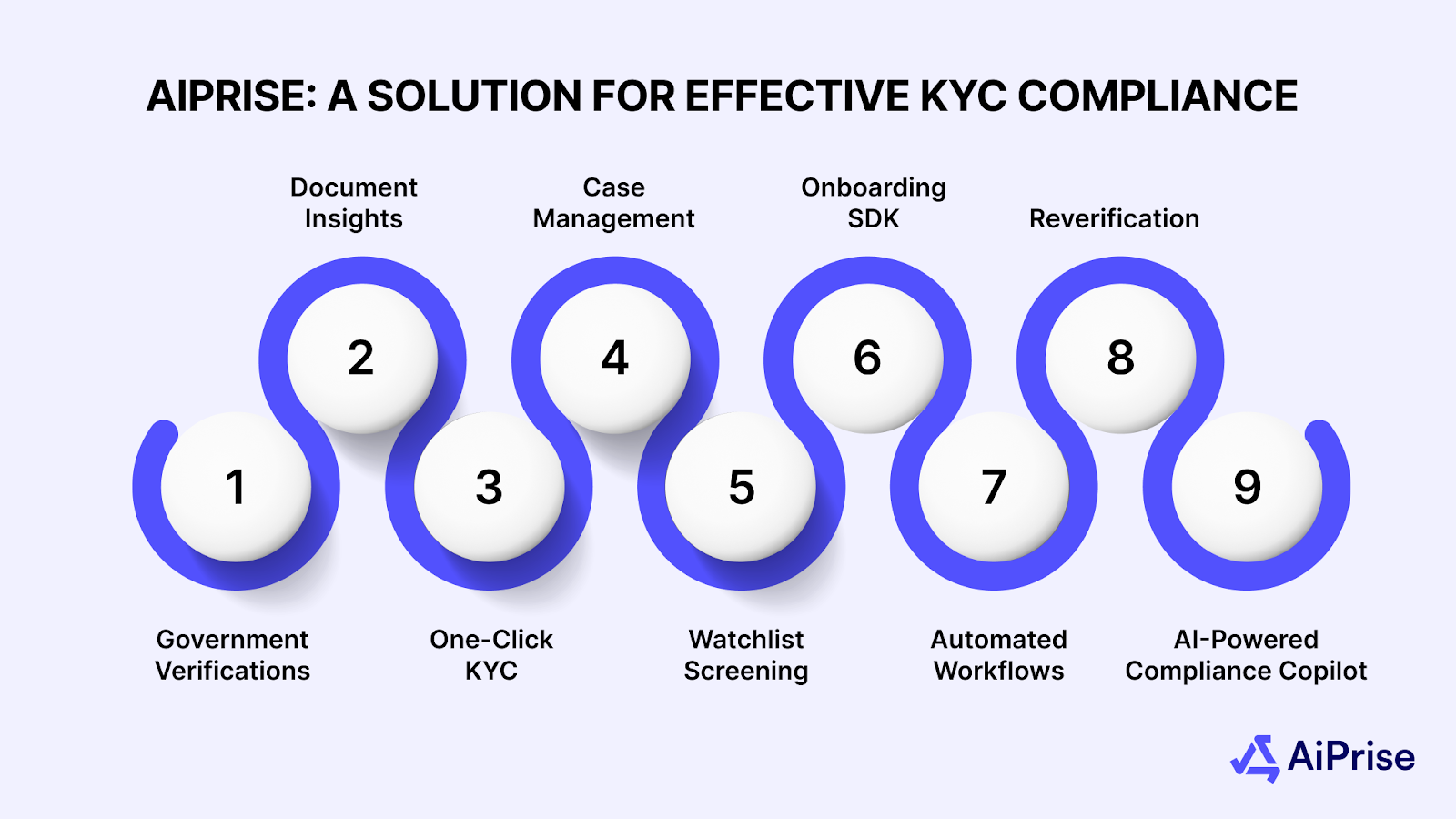
AiPrise provides comprehensive tools for identity verification, KYC, and AML compliance. With AI and machine learning integration, AiPrise helps businesses reduce fraud risks while ensuring they meet regulatory requirements. The platform’s technology makes verification processes more secure, efficient, and reliable.
Key features of AiPrise include:
- Government Verifications: The platform integrates with government databases, verifying customer identities against official records to reduce the risk of fraud.
- Document Insights: AiPrise’s AI technology extracts and analyzes document data, ensuring only valid documents are accepted.
- One-Click KYC: AiPrise simplifies KYC verification with a one-click process, speeding up onboarding while ensuring compliance.
- Case Management: AiPrise’s easy-to-use case management system helps businesses track and resolve suspicious activities promptly.
- Watchlist Screening: AiPrise screens clients and transactions against global sanction lists to identify high-risk individuals and ensure compliance.
- Onboarding SDK: The platform integrates easily into existing systems, allowing businesses to perform KYC and AML checks during customer onboarding.
- Automated Workflows: AiPrise enables businesses to create automated workflows for consistent, error-free compliance processes.
- Reverification: AiPrise allows businesses to periodically reverify customer data, ensuring ongoing compliance and identifying changes in risk profiles.
- AI-Powered Compliance Copilot: AiPrise’s AI Copilot accelerates compliance reviews by 95%, improving operational efficiency and meeting regulatory requirements faster.
AiPrise’s solutions help businesses stay compliant, reduce fraud, and improve operational workflows. By adopting AiPrise’s tools, companies can stay ahead of fraud risks and regulatory changes.
Final Thoughts
Identity verification is crucial for businesses to meet KYC and AML compliance while preventing fraud. Implementing effective verification processes reduces the risk of financial crime, builds customer trust, and ensures businesses remain compliant with regulations. As fraud risks increase, a strong verification process becomes even more critical.
To protect your business, consider adopting AiPrise’s advanced tools to manage KYC and AML compliance. AiPrise offers comprehensive solutions that reduce fraud risks and improve operational efficiency.
If you want to enhance your verification processes and stay ahead of changing regulations, Book A Demo today to see how our platform can help.
FAQs
1. What is the difference between identity verification and KYC compliance?
Identity verification confirms a person’s identity through official documents or biometric checks, while KYC compliance ensures ongoing monitoring of customers to detect unusual or suspicious activity.
2. How can businesses ensure verification processes remain accurate over time?
Regularly updating verification systems and performing periodic reviews of customer data helps maintain accuracy and prevents outdated or fraudulent information from being used.
3. Are digital verification methods as reliable as in-person checks?
Yes, when implemented correctly, digital methods like biometric scans, AI-assisted document validation, and secure databases can achieve accuracy similar to traditional face-to-face verification procedures.
4. Can small businesses implement identity verification KYC without significant costs?
Yes, cloud-based verification services or subscription platforms provide scalable solutions that allow smaller companies to meet compliance requirements without high upfront investments.
5. What measures protect customer data during identity verification?
Businesses often use encryption, secure servers, limited access protocols, and privacy-compliant storage systems to safeguard personal and financial data during verification processes.
You might want to read these...

AiPrise’s data coverage and AI agents were the deciding factors for us. They’ve made our onboarding 80% faster. It is also a very intuitive platform.





Speed Up Your Compliance by 10x
Automate your compliance processes with AiPrise and focus on growing your business.




.jpg)


















.jpeg)

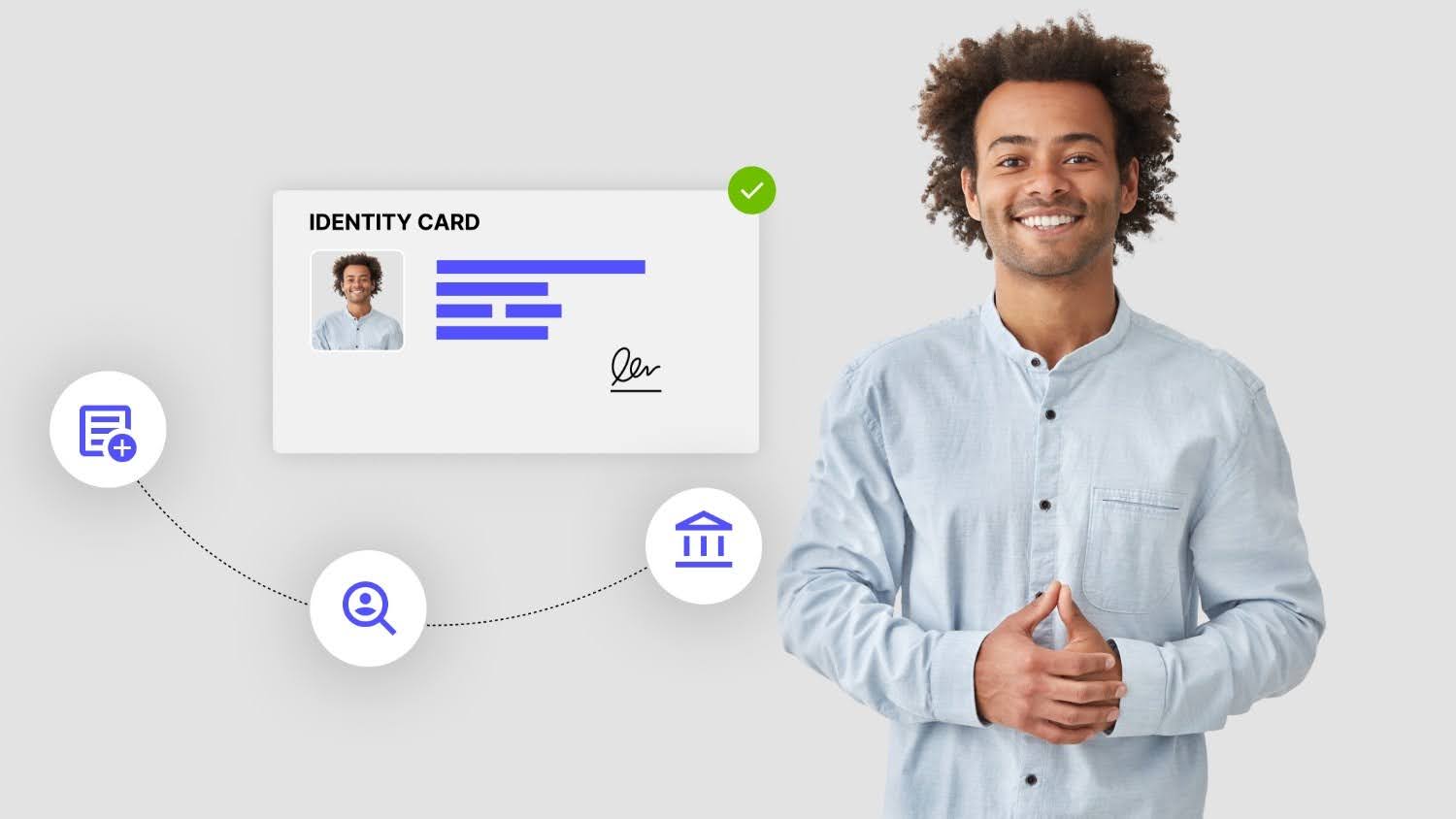

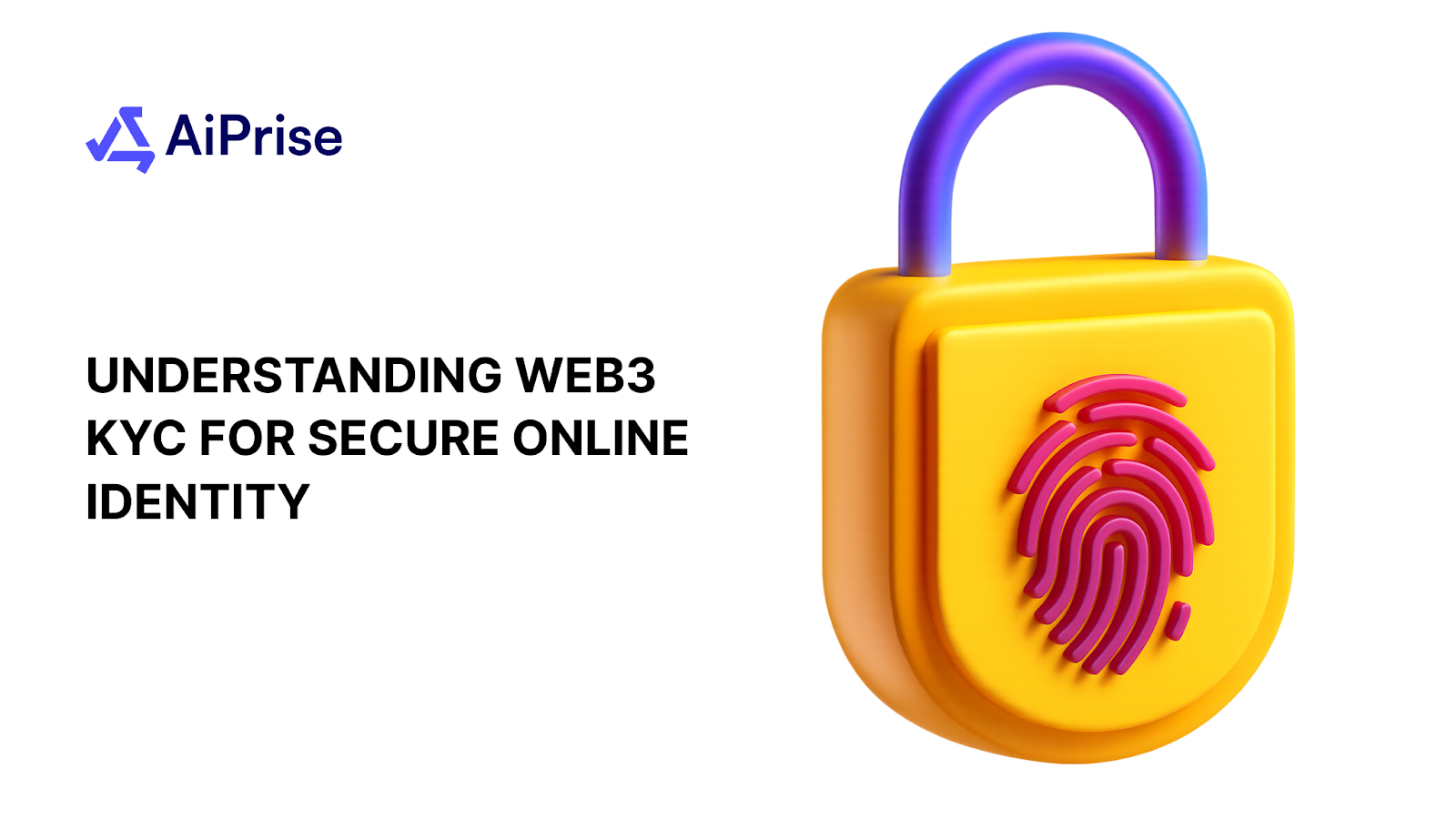
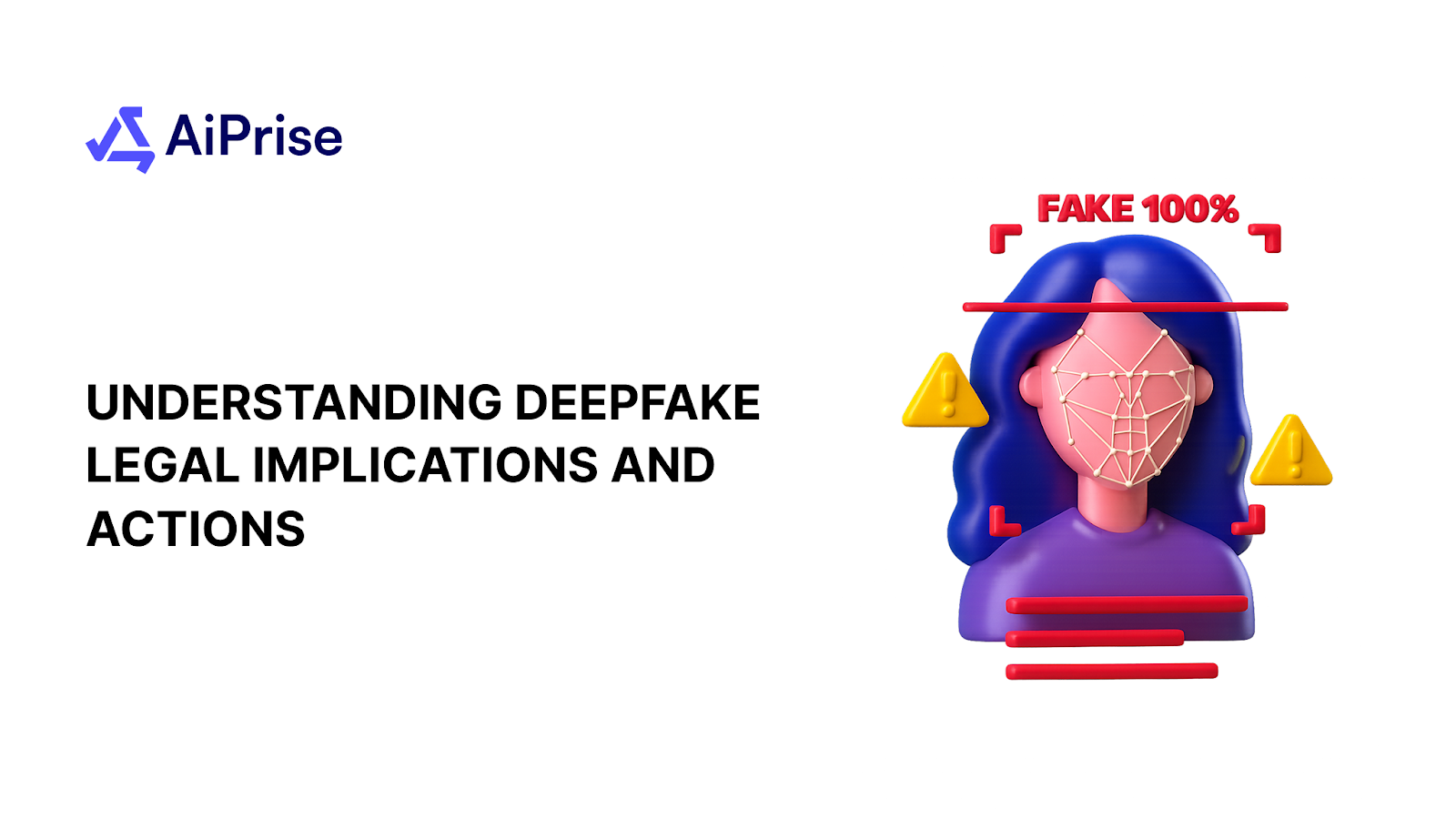
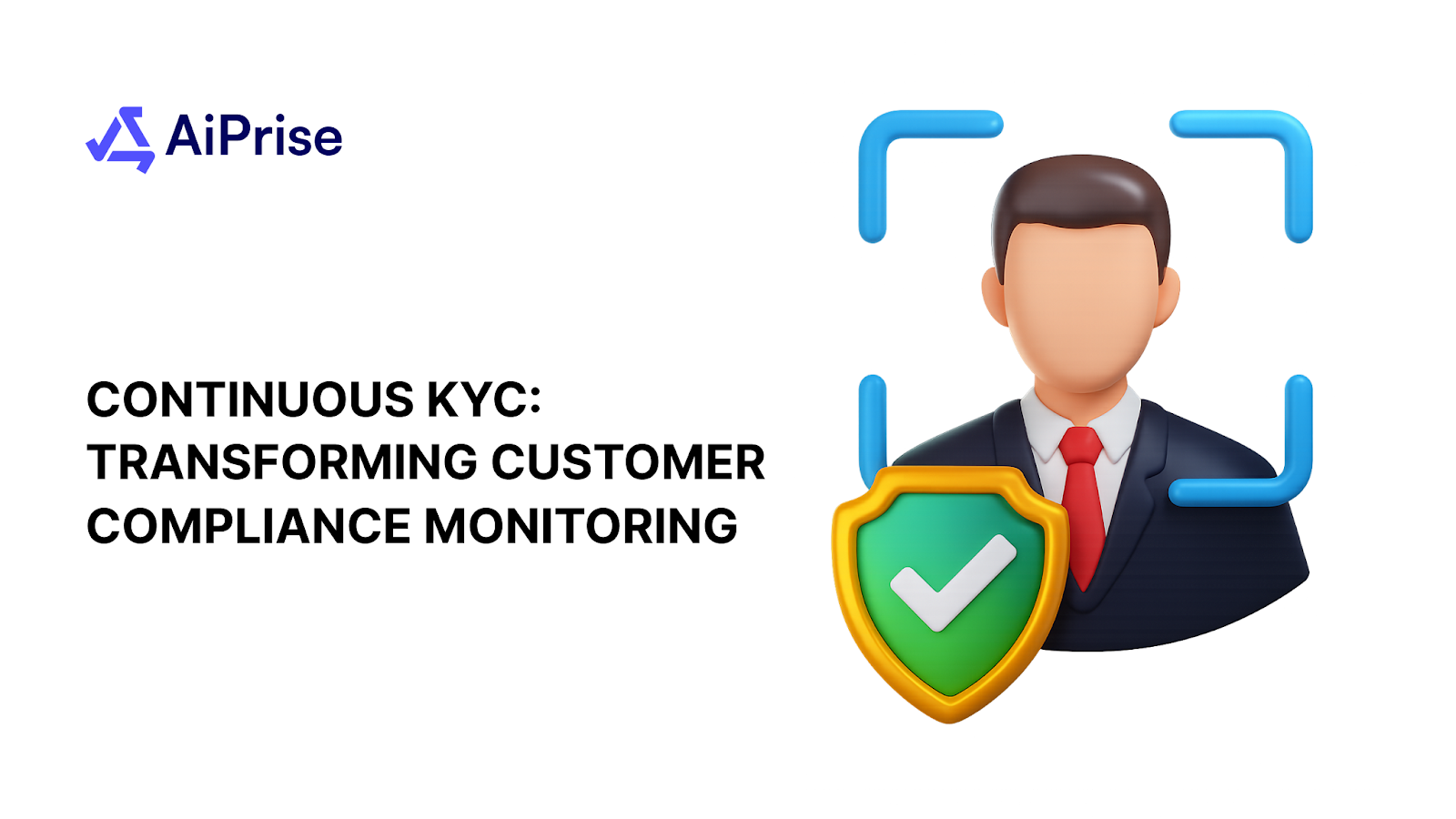
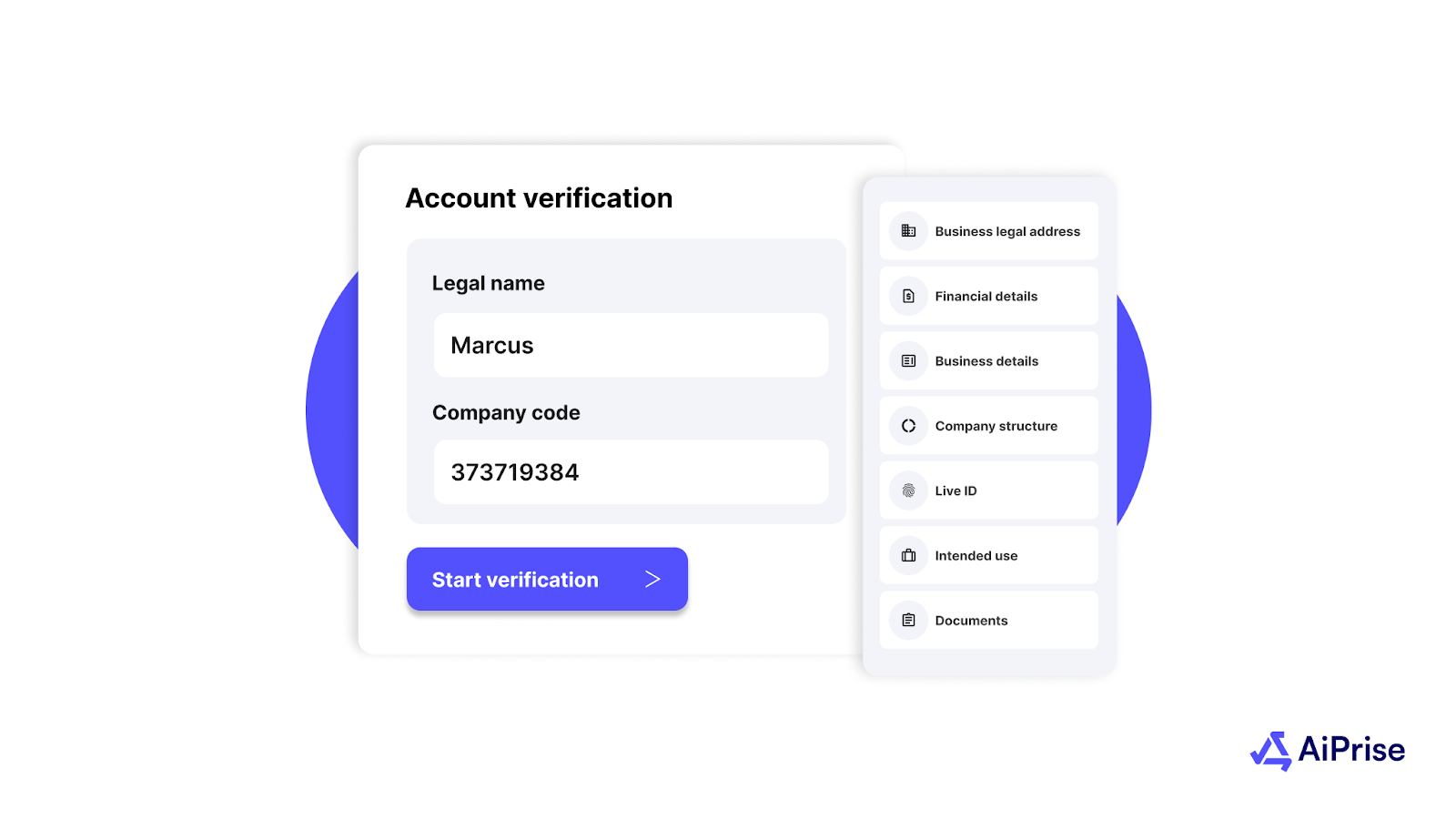
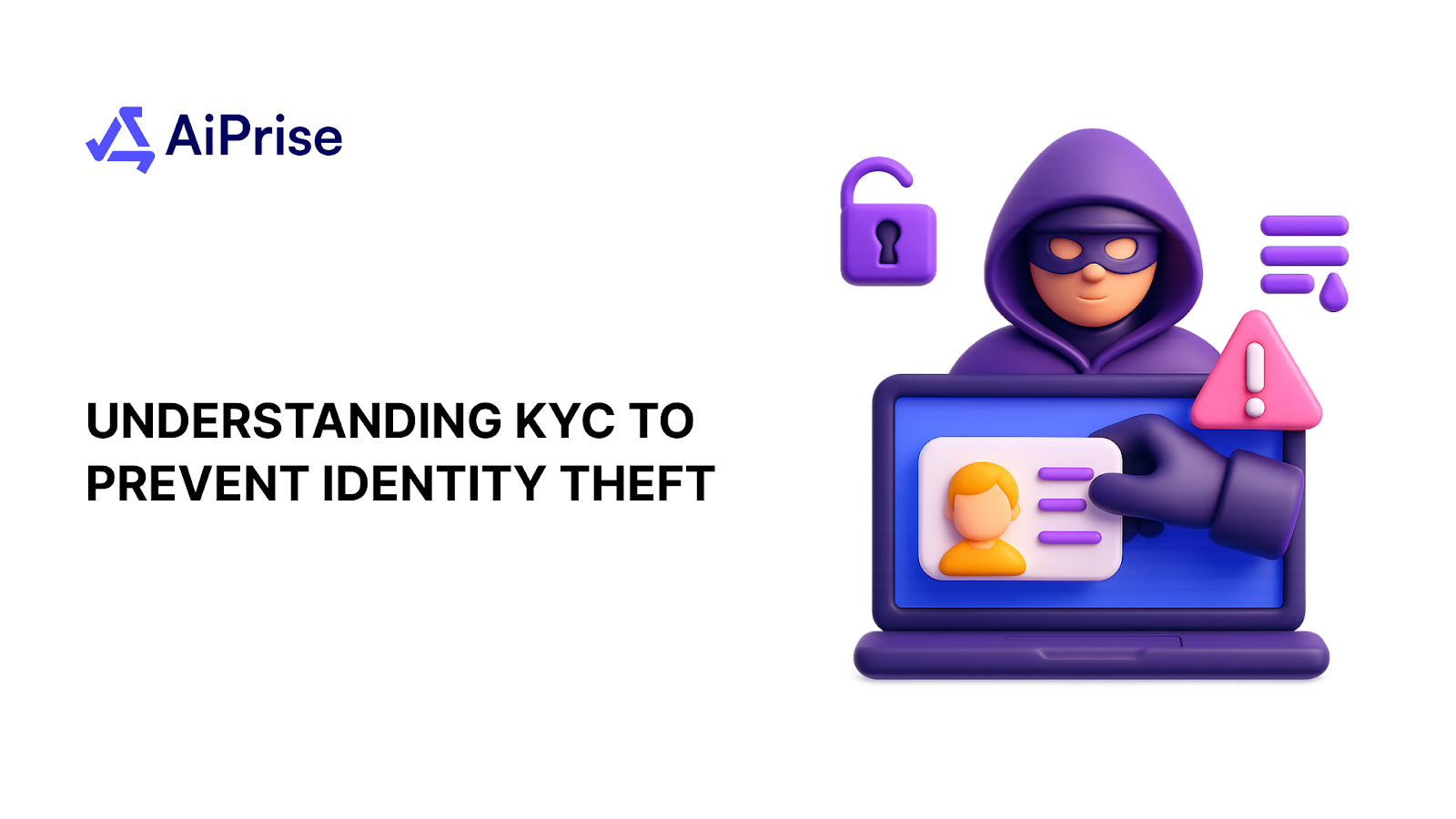



.png)

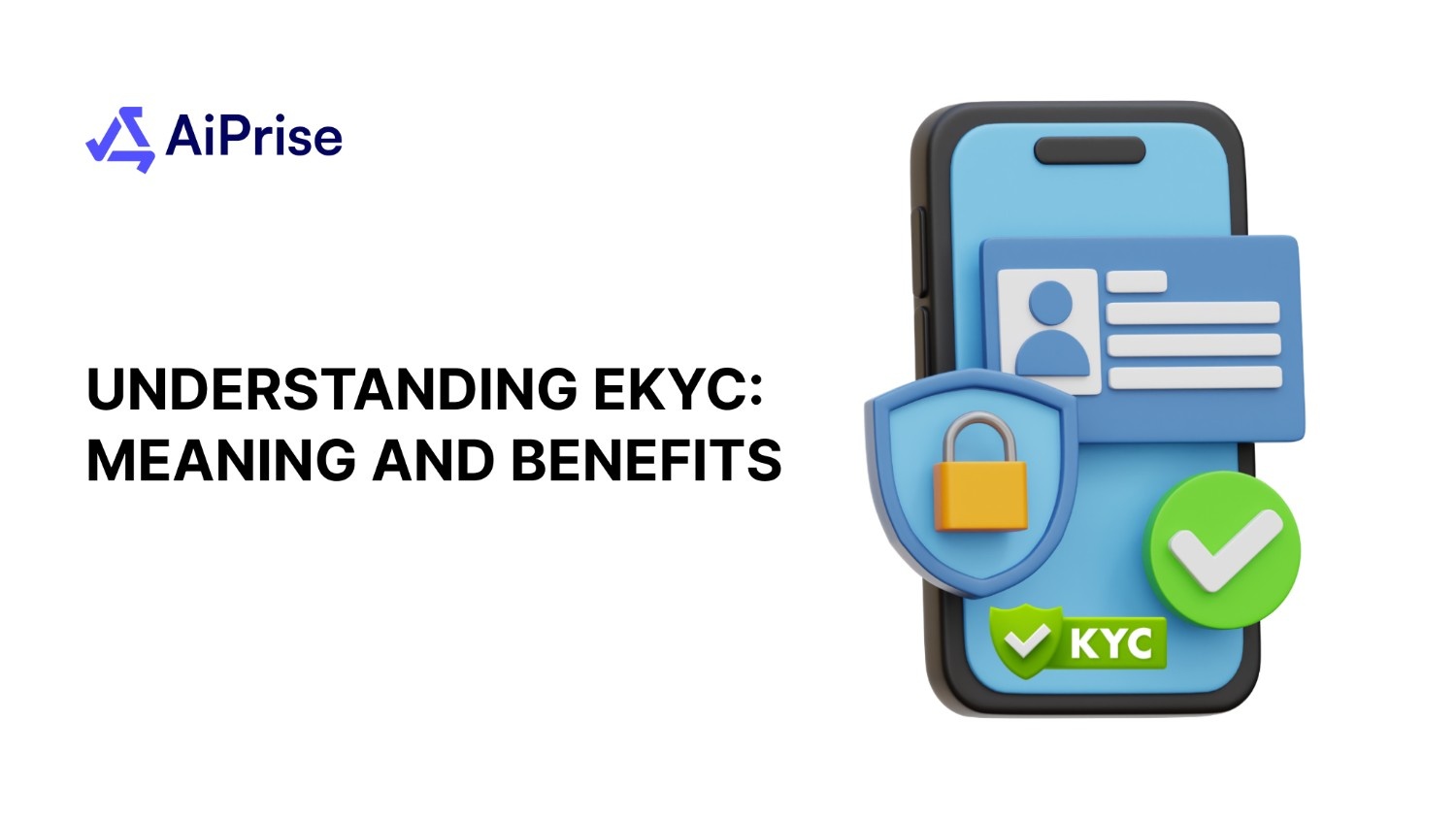
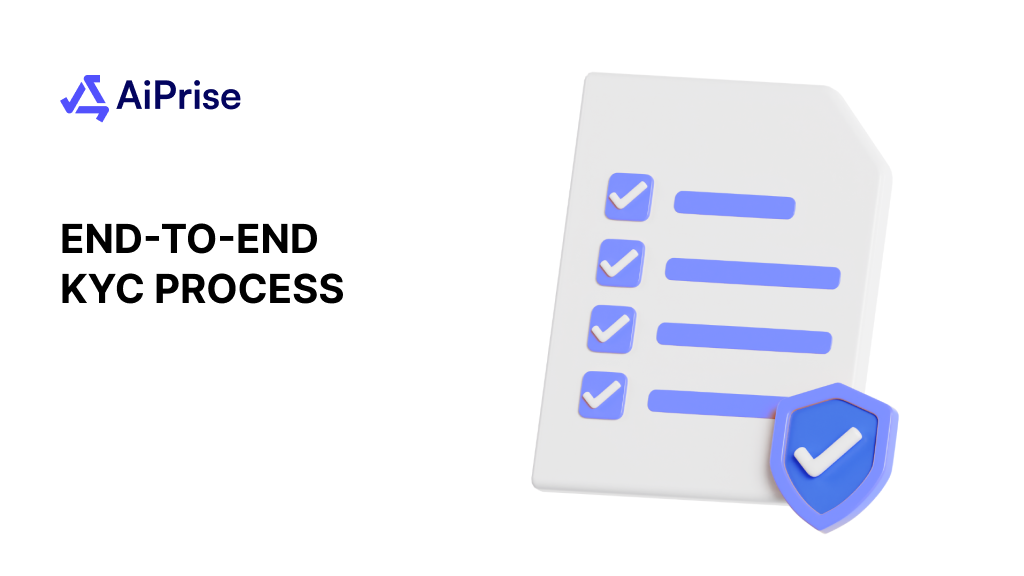

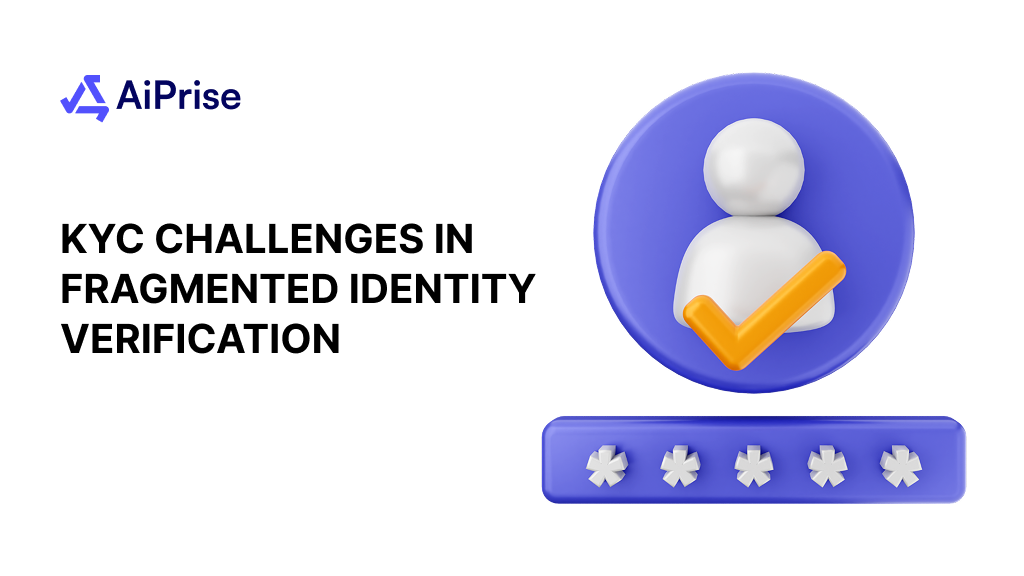
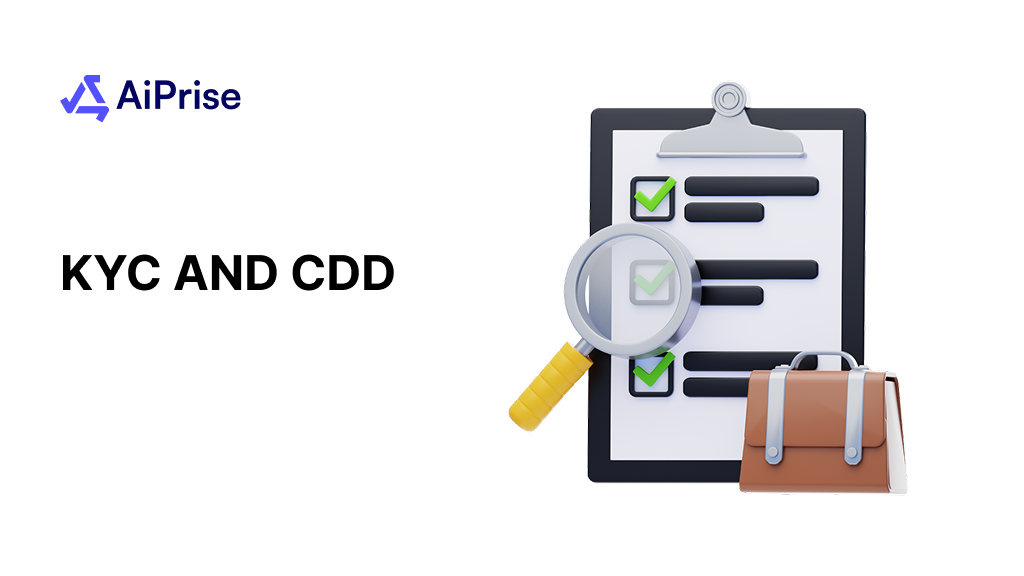








.png)






